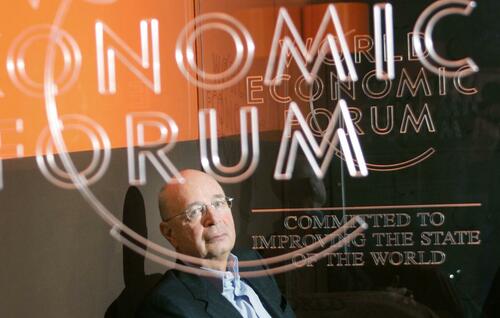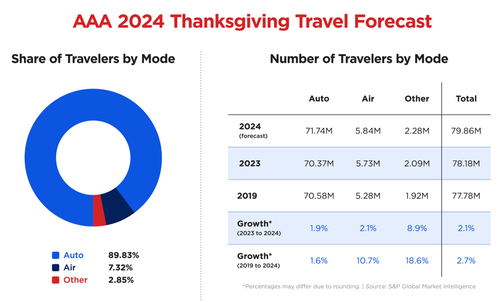The word ‘moonlighting’ has many purported origins. The US version is from Cora Steward’s literacy classes for impoverished Kentucky coal miners, but only on nights with enough moonlight so they could find their way there. The Australian version is of cattle thieves who stole cattle at night under the light of the moon, while the Irish version comes from the 1880s, with ‘moonlighters’ being gangs that operate at night committing burglary. I suspect Rishad Premji, Wipro’s chairman, would agree wholeheartedly with the latter two versions. Calling moonlighting at work “cheating—plain and simple”, his company sacked 300 people for doing so. Infosys promptly sent employees an email with the warning “No two-timing, no moonlighting”, though recent reports suggest a change in heart (bit.ly/3TwD7E6). TCS’s COO made an apoplectic assessment, saying that the “IT industry could fall apart” due to it. Tech Mahindra’s CEO was more sanguine, saying “it was necessary to change with the times”. Swiggy went further, bringing out a moonlighting policy.
You might also like
Does RBI need to listen to IMF on forex?
Centre may revamp Trai, give it more teeth
What’s worrying Kotak Mahindra Bank investors
Watch the gaps in insurance for mental illness
Let me go out on a limb and give my unequivocal view: Moonlighting is here, and here to stay, as it is an integral component of the future of work, which the pandemic has brought forward into the present. ‘The future of work’ is an often abused term, but there are some principles common across literature. The first, and most well-known, is work-from-home, which I have expanded to decentralized work or ‘work-from-anywhere’, whether it’s home, office, a coffee shop, or another country. But often, there is a thin line between working-from-anywhere and working-for-anyone, and both of these seem to have riled tech chieftains. As fellow columnist T.N. Hari wrote, “The pandemic and the forced WFH allowed experimenting with freelancing opportunities, in addition to their 9- to-5 jobs. Freedom from commute and the confinement within the four walls of their homes provided them the time, energy, and possibility to take on additional work.” (bit.ly/3DhR3fl). As the pandemic sputtered to an end, many were dragged back to offices, but the decentralization trend has arrived, bringing work-for-anyone along with it.
The second future of work principle is the rise of the gig-economy, which by its very nature involves having multiple employers, as it trades off secure lifetime employment with freedom of the nature and time commitments of work. Hari refers to the Gig Economy Index, which reveals a rather startling statistic that nearly 40% of the American workforce makes at least 40% of their income through gig work. In India, Ola, Zomato and others made gig work mainstream among urban blue-collar workers, and “the pandemic brought it to the white-collared.” The future of work has enlarged space for the gig economy, with the one-employer-many-employees pyramid being overturned to one-employee-many-employers. Moonlighting reflects that. In some sense, so does the famous Google work ethic, under which its employees could do anything else with 20% of their time. The third facet of the future of work is no-job-for-life. Both employers and employees are moving away from this expectation, and it is perhaps fair to expect employees to de-risk themselves by following a job portfolio approach. Fourth, and perhaps most important, is the inevitable rise of the creative or passion economy. The ‘monetizing of individuality’ enabled by the internet, micropayments, NFTs and the metaverse would mean that individuals can monetize their talent more effectively, rather than doing so as a part of a company. Fifth, work-from-anywhere does sometimes translate to work-all-the-time, as always-on work pulverizes our work-life balance. While employers are, sometimes justifiably, concerned about employees working for others, there is a loud silence on the number of hours they are made to work. The usual employment contract asks employees to commit fixed hours of their time in return for a salary, but is often silent on the extra hours they work without being paid for it. For many, low wages and the cost-of-living crisis make moonlighting an imperative rather than an option.
I leave the last words in support of my contention to India’s infotech minister Rajeev Chandrasekhar, who tweeted to the effect that today is an age of employee entrepreneurs and employers also expect that, captive models will fail, and the future of work is a community of product builders who will work on multiple projects.
Perhaps the world’s most famous entrepreneur-employee Elon Musk will agree, as he simultaneously ‘works for’ half a dozen companies and is looking to buy more of them to run.
Jaspreet Bindra is the founder of Tech Whisperer Ltd, a digital transformation and technology advisory practice.
Elsewhere in Mint
In Opinion, Harsh V. Pant says a new era of great power contestation has begun. Palakh Jain & Shreya Ganguly tell why India should liberalize tax regime for expats. Long Story maps AAP’s prospects in Gujarat.
Download The Mint News App to get Daily Market Updates.
More
Less















